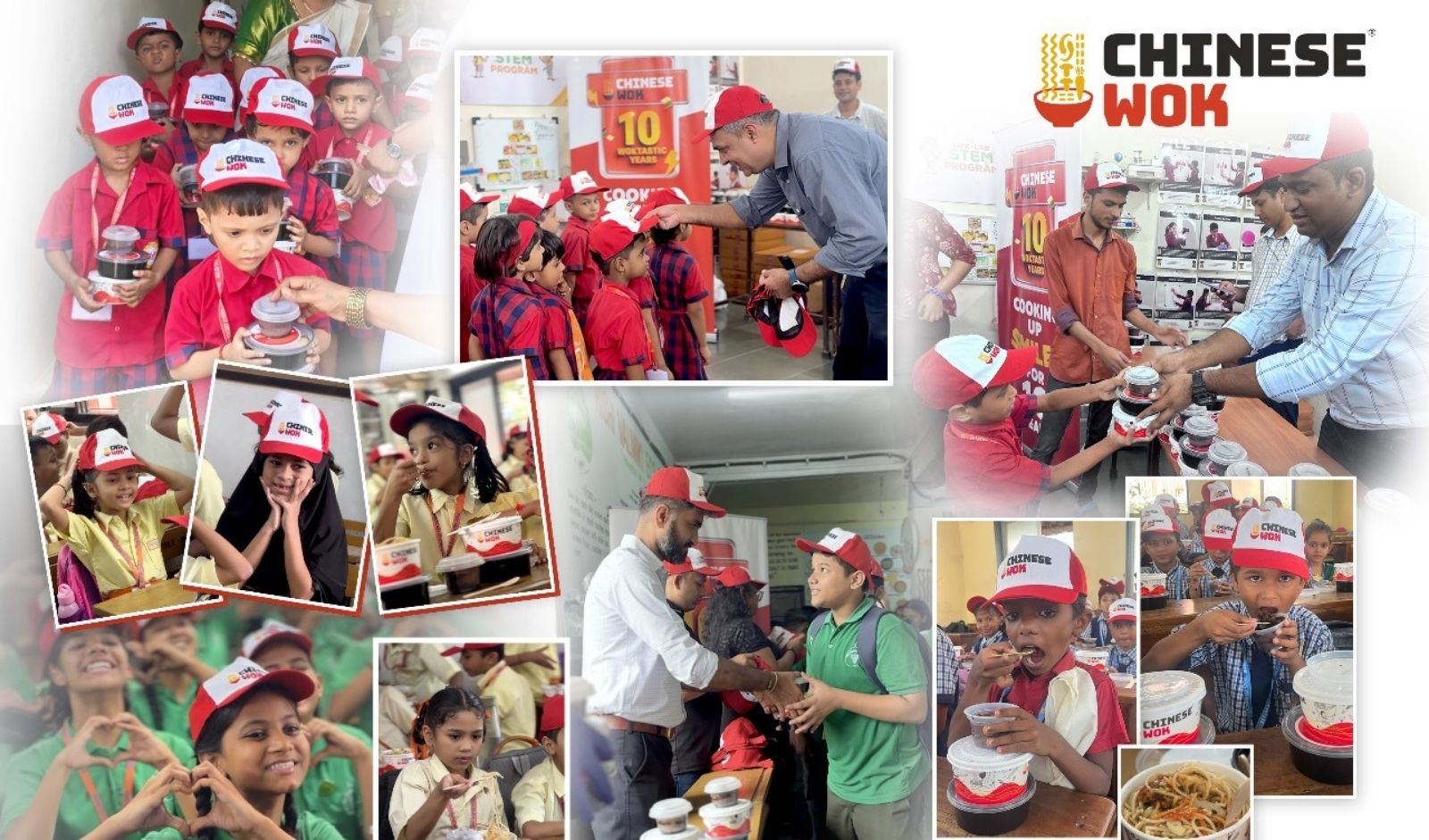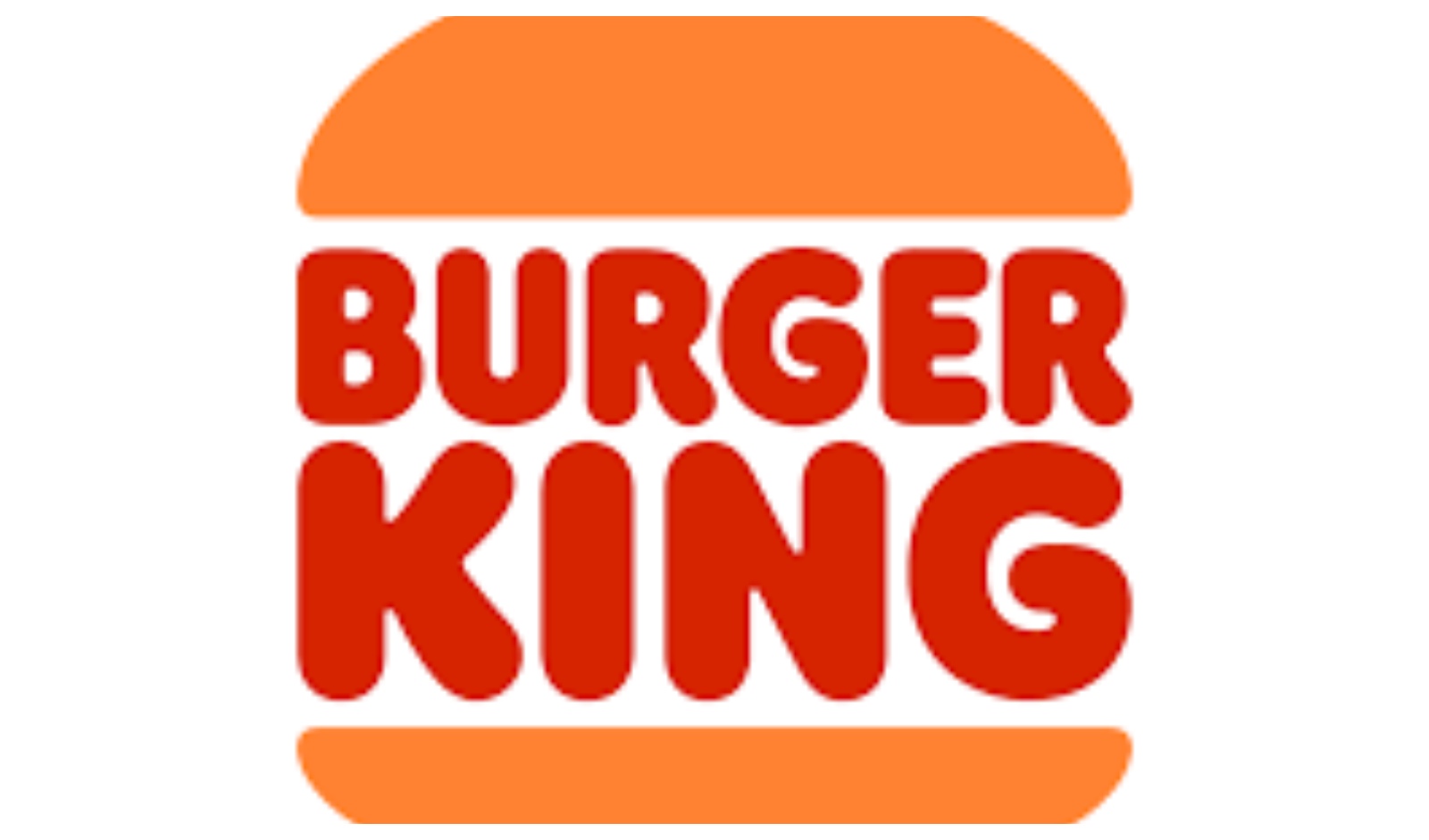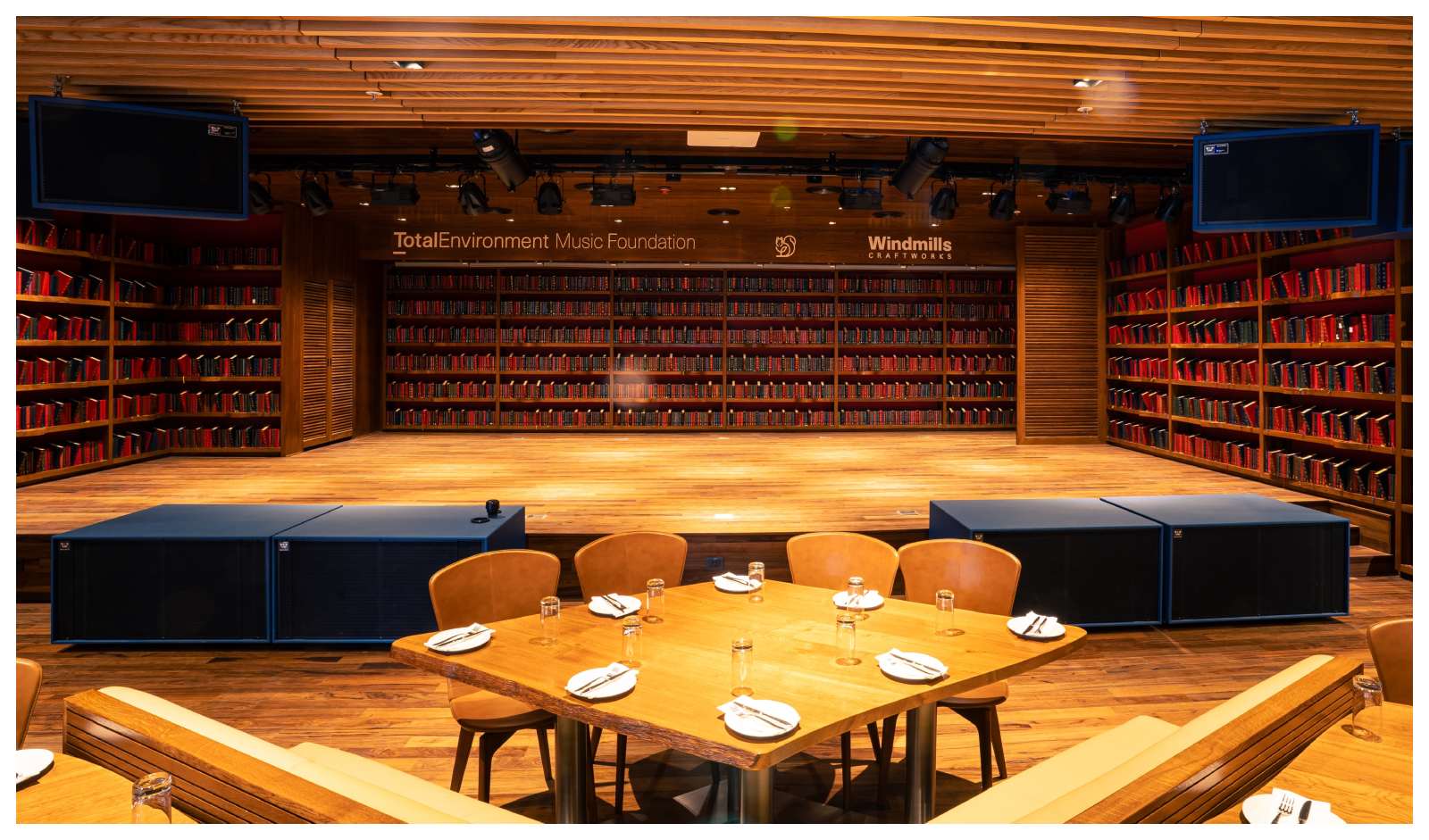
Chinese Wok, India’s largest home-grown Desi Chinese QSR brand, marked its 10th anniversary by giving back to the community. Over a span of 10 days, the brand served more than 10,000 freshly prepared meals to school children across 10 cities, including Mumbai, Delhi NCR, Bengaluru, Pune, Hyderabad, Kolkata, Chennai, and Lucknow.
The initiative aimed to bring freshly made Desi Chinese meals to children from underserved communities, turning each meal distribution into an occasion filled with smiles, laughter, and shared moments. Branded merchandise was distributed to further enhance the experience, helping create lasting memories of joy and connection.
The program involved hundreds of Chinese Wok employees from its restaurants, regional offices, and corporate team. Employees actively participated in cooking, distributing food, and interacting with children, making it a people-driven effort that reflected the brand’s values.
Aayush Madhusudan Agrawal, Director, Lenexis Foodworks, stated, “Completing 10 years is a proud milestone for all of us at Chinese Wok. We wanted to celebrate not just within our restaurants, but by bringing joy to children and communities that inspire us every day. This initiative reflects our long-term belief that food can be a force for good, and we will continue to build on this commitment as we grow.”
This celebration aligns with Lenexis Foodworks’ broader vision of leveraging food as a positive force. Along with its other brands—including Big Bowl and The Momo Co.—the group continues to expand its footprint across India while reinforcing its focus on community welfare and shared happiness.
The anniversary campaign serves as a reminder that hospitality brands can play an important role in driving social change by combining their operational expertise with community engagement. For Chinese Wok, the milestone celebration was not just about growth, but about making meaningful contributions to the communities that support its journey.
Copyright © 2009 - 2026 Restaurant India.








